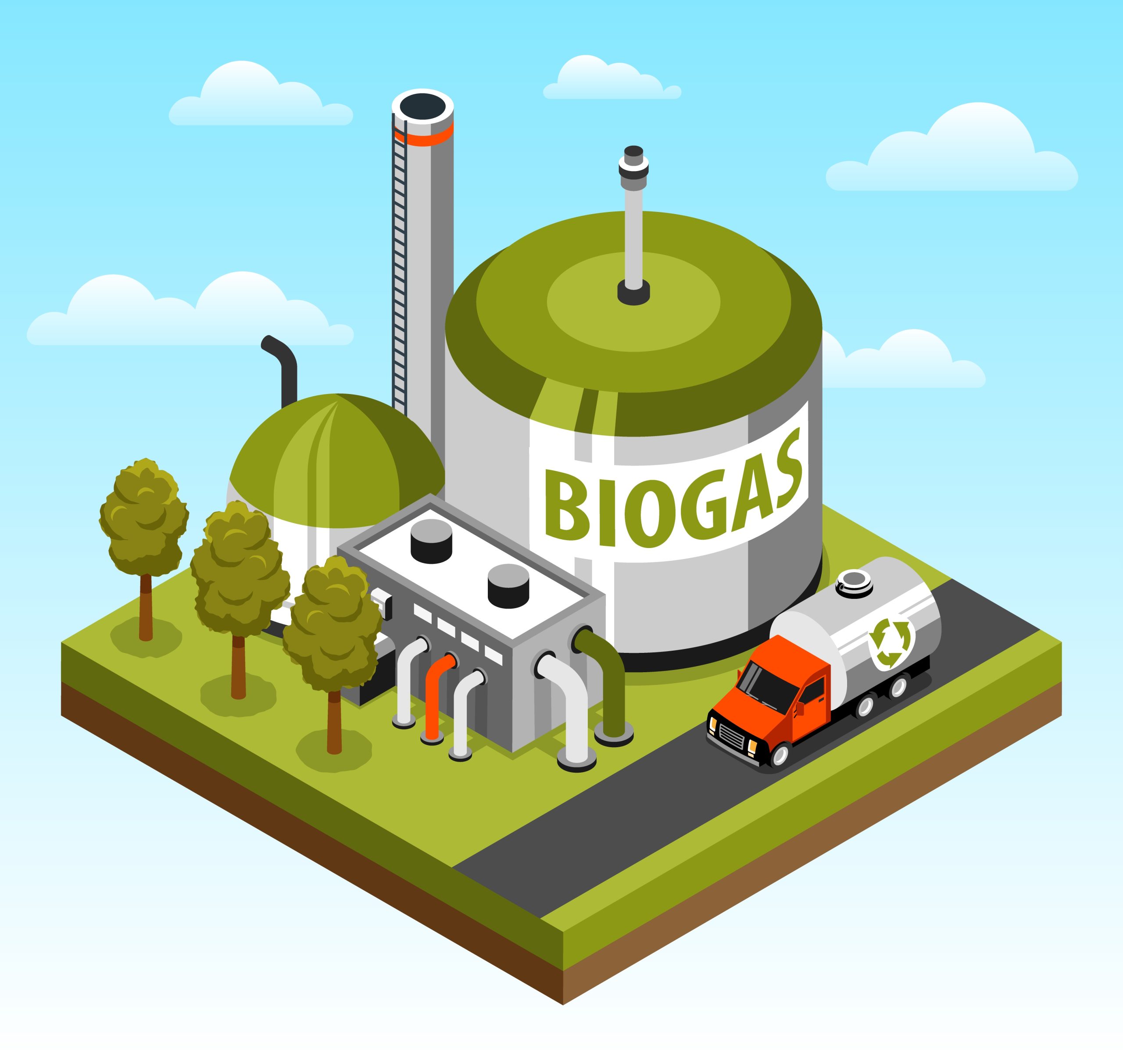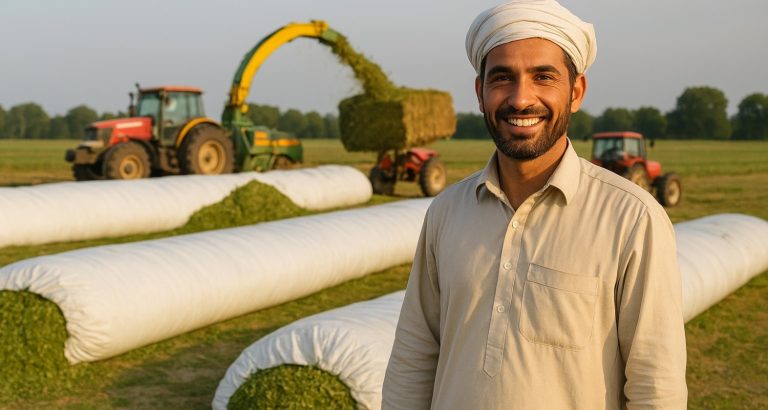Get answers to the most asked questions about biomass and biogas in Pakistan, including costs, suppliers, and potential. A must-read for industrial buyers and renewable energy enthusiasts.
What is the Biomass potential in Pakistan
Pakistan has significant biomass potential, estimated at over 50,000 GWh annually. The country produces large quantities of agricultural residues like wheat straw, rice husk, cotton stalk, sugarcane bagasse, and animal manure—offering great opportunities for renewable energy generation and rural development.
Who is the supplier of biomass boilers in Pakistan?
Several local and international companies supply biomass boilers in Pakistan. Notable names include Thermotech Systems, Industrial Boilers (Pvt) Ltd, and Encom Pakistan. Some industrial fuel and feedstock providers, like Babar Aziz Balers, also work with boiler projects by supplying biomass fuel such as briquettes and bales.
Which country is the largest producer of biomass in the world ?
The United States is currently the largest producer of biomass energy, followed by countries like Brazil, China, Germany, and India. These countries utilize biomass for electricity generation, heating, and transport fuels.
Is biomass cheaper than gas?
Yes, in many cases, biomass is cheaper than natural gas, especially for industrial users. Biomass prices are generally more stable, while gas prices fluctuate with global markets. However, the upfront investment for biomass systems can be higher.
What are the top 10 countries that use the most biomass ?
The top 10 countries that use biomass energy are:
United States
Brazil
China
India
Germany
Sweden
Finland
United Kingdom
France
Canada
These countries use biomass for power generation, district heating, and biofuels.
What is the potential of biogas in Pakistan?
Pakistan has huge biogas potential, with an estimated 8.8 million livestock-based biogas plants possible. Biogas can help reduce dependency on imported fuels, improve waste management, and support clean cooking and electricity in rural areas.
Does biogas have a future?
Yes, biogas has a strong future, especially as countries transition to renewable energy. It helps reduce greenhouse gas emissions, supports circular agriculture, and offers decentralized energy solutions for both urban and rural communities.


